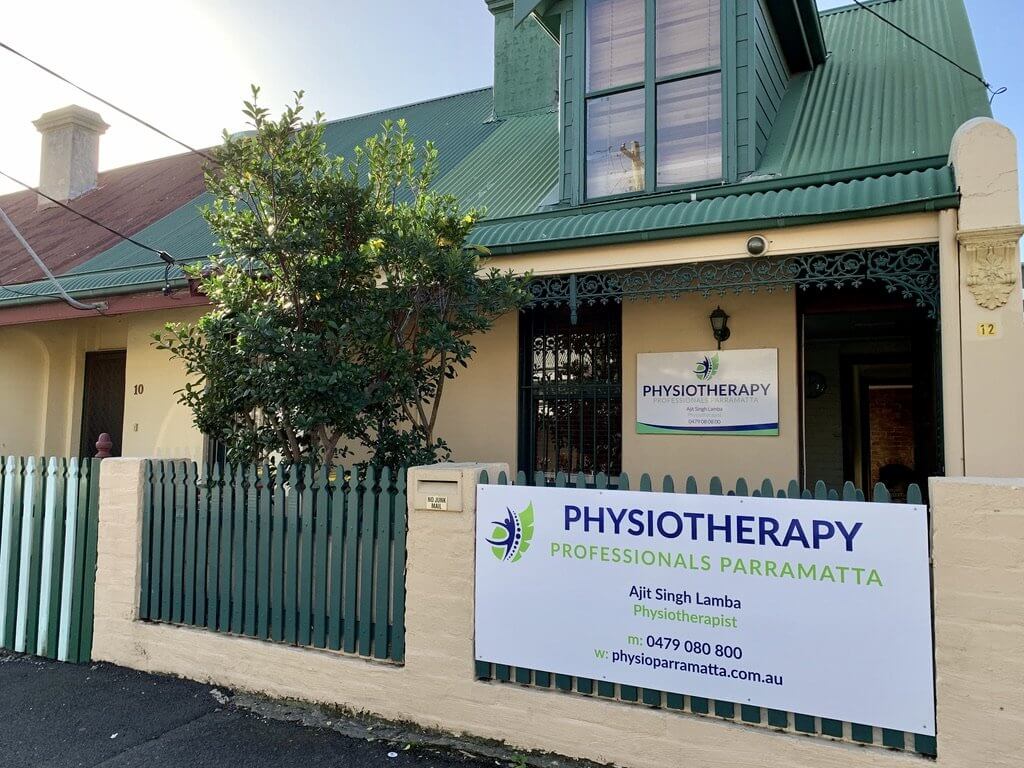Physiotherapy Treatment for Fibromyalgia

Physiotherapy Treatment for Fibromyalgia
If you or someone you know has been diagnosed with fibromyalgia, they have often been struggling with un explained pain for a long period of time. Often when they receive a diagnosis, they can start seeking appropriate treatment as Fibromyalgia patients often have been trying different things of the course of their symptoms to seek relief. Common symptoms of Fibromyalgia can include: generic symptoms like unexplained pain, aches, tenderness, difficulty sleeping and extreme fatigue.
Traditional treatment with medication can result in variable outcomes. It may take a combination of painkillers, anti-inflammatories, and even anti-depressants to reduce symptoms and restore ability to function. Treatment from a Physiotherapist can also bring about tremendous relief of fibromyalgia symptoms. A multidisciplinary team approach consisting of your GP, Specialist where warranted, Physiotherapists, Exercise Physiologists and Psychologists can provide the patient with comfort and relief and can reduce the need for excessive medication to achieve pain relief.
A Physiotherapist understands your body is a connected system in which any imbalance can contribute to a decrease in strength and function. Physiotherapists can help restore balance to your musculoskeletal system through various approaches to treatment such as mobilisations, soft tissue release and stretches. The Physiotherapy approach offers a medication free method of reducing the pain of fibromyalgia and increasing the patient’s ability to function.
Numerous medical studies indicate that Physiotherapy treatments are very effective and beneficial form of treatment for a wide and varied range of injuries and conditions. Many fibromyalgia patients have also reported a significant decrease in pain after receiving Physiotherapy treatment along with improved quality of sleep and increased energy levels. Other common symptoms such as muscle cramps, neck and back pain are a common features of fibromyalgia and respond well to spinal mobilisations and gentle stretching. The patient will describe a tightening of muscles and a loss of their natural flexibility. The resulting loss of movement gives rise to a biofeedback effect that contributes to even further muscle tightness and limitation. This loop creates a vicious circle in which escalating back, muscle and joint pain eventually leads to a painful and debilitative state with very little ability to function. A fibromyalgia patient may need regular maintenance sessions to prevent symptoms from getting worse. This is something your Physiotherapist will discuss with you after your initial assessment.
Physiotherapy Treatment for Fibromyalgia
Complex neurological and musculoskeletal disorders like fibromyalgia are best served by multi-disciplinary treatment facilities where treatment providers with varied specialties work together to deliver optimum care for your specific set of challenges. A Physiotherapist can provide the patient with assistance on pain management, build strength and improve range of motion and stamina. Physiotherapy can help relieve deep muscle pain and can help minimise or prevent recurrence of flare-ups.
A Physiotherapist can guide and educate those living with fibromyalgia by assisting with providing the patient with choices and a healthier outlook and safe exercise options. Relaxation and stretching exercises are designed to prevent muscle stiffness and improve flexibility. Ice, heat, deep tissue massage, TENS or electrotherapy and a home and facility based exercise program have all been proven to offer great pain and muscle ache relief as well as improve mobility and function.

